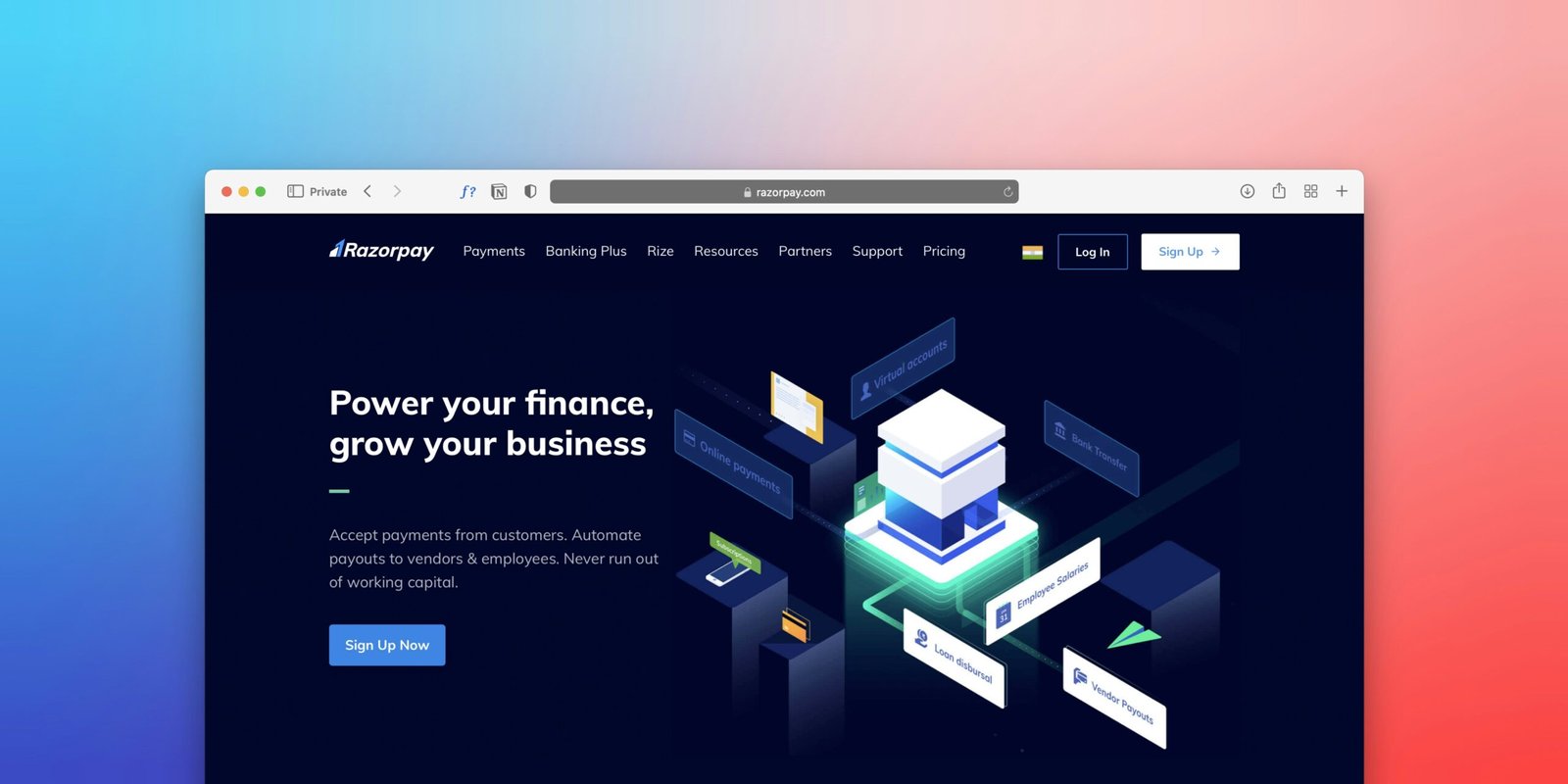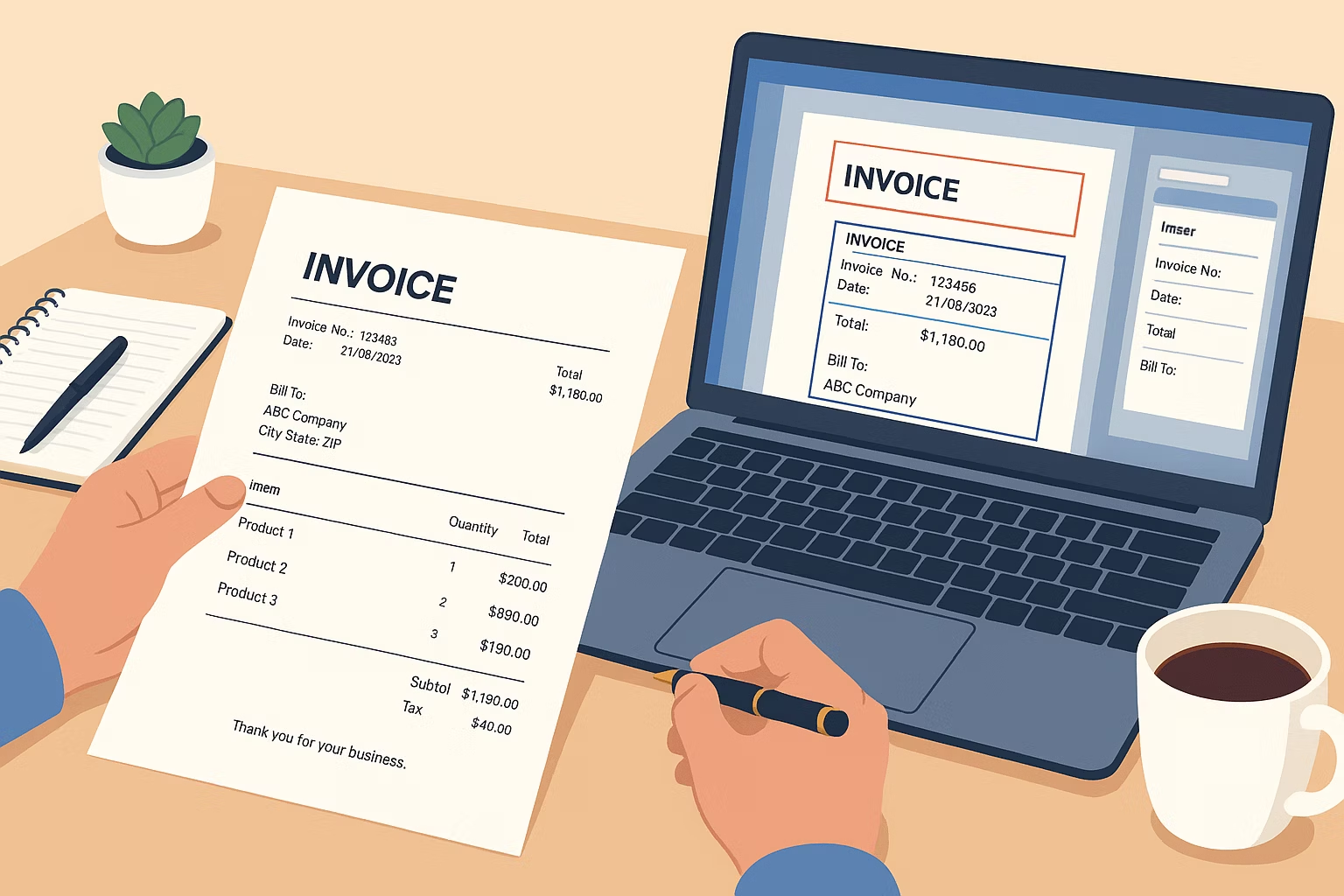Understanding Automation in Accounting
Automation in accounting refers to the use of technology to perform tasks that would typically require human intervention. This encompasses a range of processes, such as data entry, reconciliation, and reporting. The need for automation arises from the increasing complexity of financial data management and the growing demand for accuracy and efficiency in accounting practices. Historical context reveals that accounting has evolved significantly from manual ledger systems to the sophisticated automated solutions we see today.
The evolution of automated accounting practices can be traced back to the introduction of computers in business operations. Initially, software applications facilitated simple calculations and data storage. As technology progressed, the development of more advanced tools emerged, leveraging the capabilities of artificial intelligence and machine learning. These technologies are now instrumental in automating repetitive tasks, analyzing data trends, and providing valuable insights for decision-making.
Today, cloud computing plays a pivotal role in accounting automation. By utilizing cloud-based software, accountants can access financial data anytime and anywhere, allowing for greater flexibility and collaboration. This access enables real-time updates and enhances the ability to manage multiple accounts or organizations simultaneously. In essence, automation not only streamlines processes but also mitigates the risk of human error, which can lead to inaccuracies in financial reporting.
The key objectives of implementing automation within accounting are manifold. Primarily, businesses aim to increase efficiency, reduce operational costs, and improve accuracy in their financial management. Furthermore, by automating routine tasks, accountants can focus their expertise on more strategic activities, thus transforming the traditional accounting landscape. This shift towards automation not only redefines the accountant’s role but also sets the stage for innovation within the field.
Benefits of Automating Daily Accounting Tasks
The integration of automation into daily accounting operations offers substantial advantages to businesses, fundamentally transforming how financial processes are managed. One of the most significant benefits is the considerable time savings it provides. By automating routine tasks such as data entry, invoicing, and reconciliations, organizations can redirect valuable resources towards more strategic initiatives, enhancing overall productivity.
In addition to saving time, automation enhances accuracy in accounting tasks. Manual data entry is prone to human error, which can lead to incorrect financial reports and costly mistakes. Automation minimizes these errors by streamlining data collection and processing through sophisticated algorithms and predefined rules. As a result, companies experience not only improved precision but also a decrease in the effort associated with identifying and correcting errors.
Another key advantage of automating daily accounting tasks is cost reduction. By decreasing the time spent on manual processes and reducing the instances of errors that necessitate rework, businesses can lower labor costs and benefit from more efficient resource allocation. For instance, a study conducted on businesses that implemented an automated accounting system revealed a 30% reduction in operational costs over a six-month period, allowing them to reinvest those savings into growth and development opportunities.
Furthermore, improved data management is a hallmark of automated accounting systems. Accurate and timely financial data empowers organizations to make well-informed decisions rapidly. When accounting tasks are automated, real-time reporting becomes feasible, allowing executives to access financial insights instantly. This capability not only enhances decision-making but also supports strategic planning by providing a clearer picture of an organization’s financial health. By leveraging automation, businesses can achieve a competitive edge through timely and data-driven decisions that shape their future trajectory.
Challenges and Considerations in Implementing Automation
The integration of automation into accounting operations presents several challenges that organizations must navigate to achieve successful implementation. One significant hurdle is the resistance to change among staff members. Employees often exhibit apprehension towards new technologies, primarily stemming from fears of job displacement or the unfamiliarity with automated systems. Addressing these concerns through effective communication and involving employees in the transition process can help mitigate resistance and foster a more accepting environment.
Another challenge lies in the initial costs associated with adopting automation technology. While long-term benefits such as increased efficiency and reduced human error may justify the investment, the upfront expenditure can be a barrier for many organizations, particularly small businesses. It is vital for companies to conduct a thorough cost-benefit analysis to understand the financial implications and ensure they have the resources to support this transition.
Moreover, the successful implementation of automation requires robust training and support for employees. It is essential to develop a comprehensive training program that equips staff with the necessary skills to utilize the new systems effectively. Ongoing support should also be available to address any issues that arise post-implementation, as this can significantly affect employee confidence and productivity.
Data security and privacy concerns must also be prioritized when implementing automation in accounting. Organizations need to ensure that the selected automated solutions comply with relevant regulations and maintain stringent security measures to protect sensitive financial data. Furthermore, careful consideration should be given to the selection of appropriate technology and its seamless integration with existing systems. This calls for a clear automation strategy that aligns with the overall business goals, ensuring that the chosen solution maximizes benefits while minimizing disruptions.
The Future of Accounting: Trends in Automation
The accounting industry is navigating a transformative period characterized by rapid advancements in automation technology. Several trends are emerging that are set to redefine the landscape of accounting practices. Among these trends, blockchain technology stands out as a significant force. By providing a transparent and secure ledger for transactions, blockchain can enhance trust and accuracy in financial reporting, effectively reducing discrepancies and fraud. The integration of blockchain in accounting processes streamlines the reconciliation of transactions, positioning it as a pivotal tool for the future.
Another notable trend is the rise of machine learning in accounting. By leveraging vast amounts of data, machine learning algorithms can identify patterns, uncover anomalies, and predict future financial scenarios. This capability not only enhances the accuracy of forecasts but also significantly reduces the time accountants spend on data entry and analysis. As these technologies continue to evolve, they will empower professionals to focus on higher-level analysis and decision-making rather than routine tasks.
Predictive analytics, a crucial component of data-driven decision-making, is also gaining traction in the accounting sector. This trend involves using historical data and statistical algorithms to anticipate future outcomes. Accountants equipped with predictive analytics can offer clients insights that facilitate proactive decision-making, ultimately leading to more strategic financial planning. The growing reliance on these technologies illustrates a shift in the role of accountants from traditional bookkeeping roles to strategic advisory positions.
As automation continues to reshape accounting, professionals must adapt to stay competitive in this evolving landscape. By embracing these technological advancements, accountants can enhance their value proposition and remain indispensable business partners. The future of accounting lies in adaptation, ensuring that professionals leverage automation to not only improve efficiency but also deliver insightful, strategic guidance to their clients.









